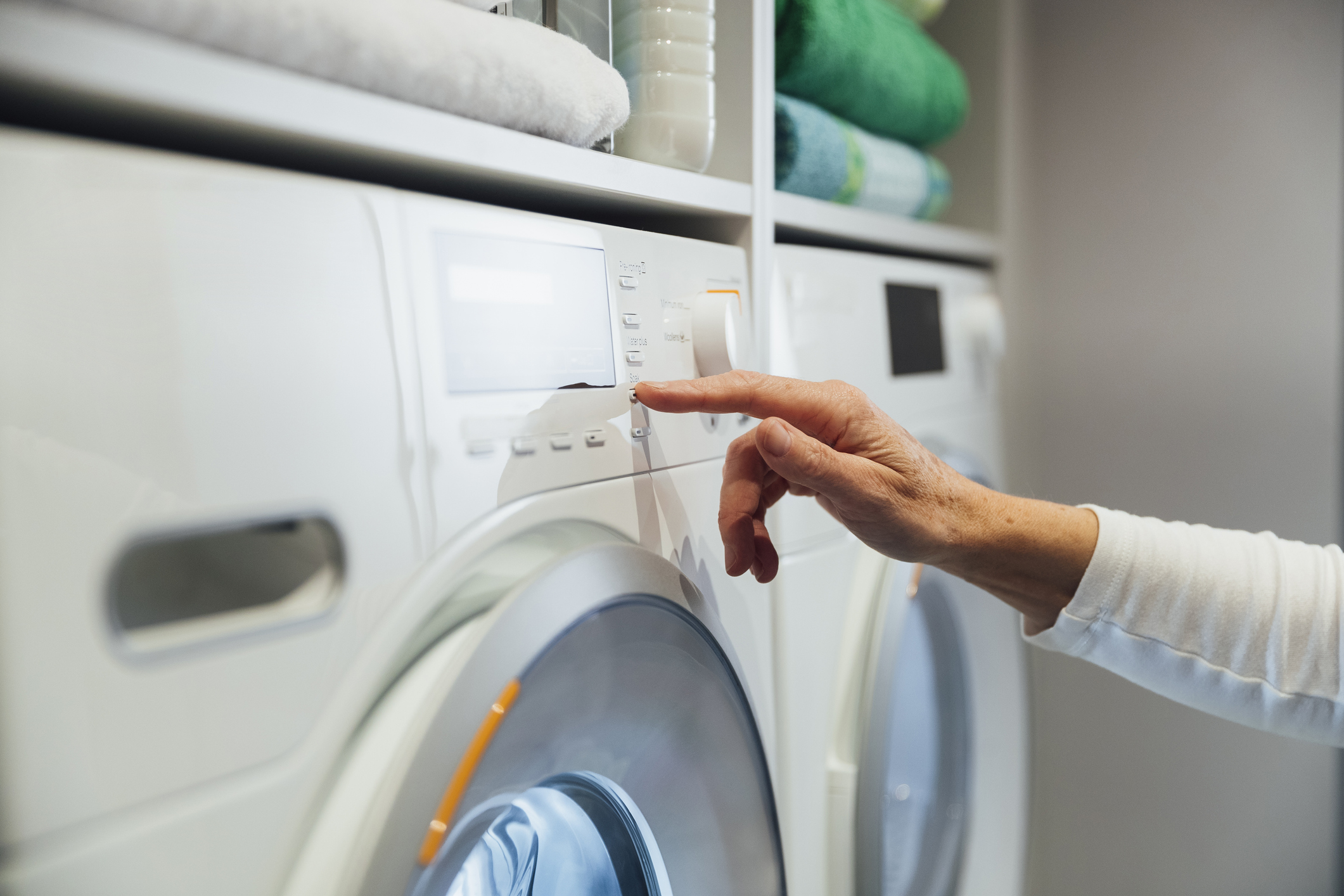Appliances are broken down into two main categories: gas- and electric-powered. You may be more familiar with one or the other based on personal experience, but when it comes time to choose appliances for your home, you’ll likely be weighing a variety of factors including the conversion costs, operation costs, safety, sustainability, and more. The following breakdown of the differences between gas and electric appliances can help inform your decision about what is ultimately best for your home.
What is the difference between gas and electricity?
Homes with natural gas are powered by a series of pipeline connections. The gas lines flowing from the property lead out to and connect with a larger pipeline farther away. Homes can also be powered by propane gas, which is stored in a tank on the property.
Electric power flows from generators to substations and eventually to individual homes, carried by transmission and distribution lines. In short, gas can power a variety of appliances in your home, but it won’t power your lights or electronics, whereas electricity can do both.
What is the difference between gas appliances and electric appliances?
The costs of gas and electric appliances vary region-to-region, both in upfront and operation costs. Having said that, gas is the more efficient heating fuel, and using gas appliances could save you up to 30 percent on your utility bill (consumeraffairs.com). Keep in mind that gas furnaces tend to be noisier but will usually heat up your home quicker, while electric furnaces are quieter but may take more time to warm your home.
So, what do you do if you want to convert your home from one fuel to the other? To switch from electric to gas, you’ll need to route gas lines, purchase the new appliances, and install them. Switching from gas to electric will require installing an electric line and capping the gas line(s). Each of these conversion methods will require an investment, so be sure to budget for these costs before you switch.
Gas and electric have their own unique safety hazards. With gas, you’ll need to take a couple extra steps to protect your home’s air quality. You’ll want to make sure you have a good ventilation system and that your carbon monoxide alarm is functioning properly to alert you of any potential poisoning from the furnace or the appliances themselves. With electric appliances, you won’t run the risk of a gas leak, but if the appliance’s wiring is faulty or neglectfully maintained, it could start a fire.

Image Source: Getty Images – Image Source: SolStock
Gas vs. Electric Range
The range tends to be the focal point of the gas-versus-electric debate for many homeowners. While some prefer the quick-heating power of an open-flame gas stove, others view an electric stove as safer for their household and therefore better. While some enjoy the even-heating quality of an electric oven, others prefer gas ovens with traditional coil burners. Electric stoves are usually easier to maintain; especially glass tops since you only have to clean one smooth surface.
Gas vs. Electric – Dryer & Fireplace
In general, gas dryers can heat up faster than electric dryers, which means they are more efficient and can save you money on your energy bills. However, gas dryers tend to be more expensive than their electric counterparts.
Electric fireplaces are usually cheaper to install but may not be as effective as gas fireplaces for heating larger spaces. And apart from all the financials, some people simply enjoy the feeling of a natural flame (gas) coming from the hearth, while the electric heating element appeals to others.
At the end of the day, choosing between gas and electric appliances depends on your situation. Saving on energy bills may be your number one priority, or perhaps you can’t stand the idea of not cooking on an open flame. Whatever your choice, it’s helpful to know the pros and cons of each option.
 Facebook
Facebook
 X
X
 Pinterest
Pinterest
 Copy Link
Copy Link



